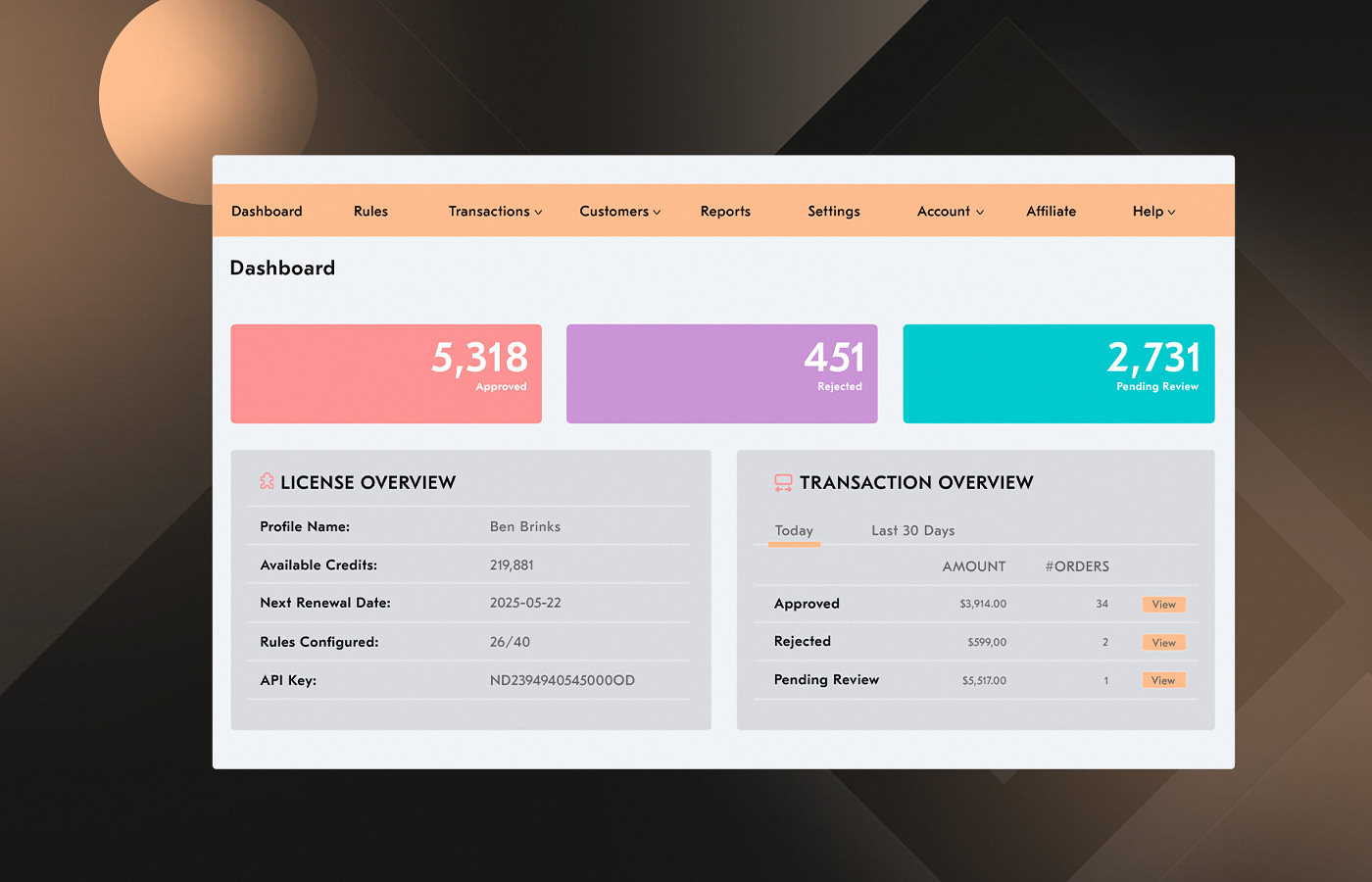Healthcare Case: Early Diagnosis with AI explores practical ways teams in case studies can turn complex data into measurable results. It outlines the problem this topic solves, the core building blocks to implement it, and the KPIs to track. You will learn which data sources to prioritize, how to choose the right models, and how to set up lightweight governance without slowing delivery. The summary highlights common pitfalls, a simple roadmap from pilot to production, and quick wins you can ship in weeks. It closes with tooling notes, team skills to develop, and real-world use cases that prove ROI. This overview is written for beginners and busy stakeholders, keeping jargon minimal while remaining actionable.
In the evolving landscape of healthcare, the integration of Artificial Intelligence (AI) has revolutionized early diagnosis practices, offering a myriad of opportunities to enhance patient care and outcomes while optimizing resources. Leveraging AI for early diagnosis enables healthcare providers to analyze vast amounts of data rapidly and accurately, facilitating timely interventions and personalized treatment plans. By harnessing AI algorithms, healthcare professionals can identify potential health risks, predict disease progression, and tailor interventions based on individual patient data. Additionally, AI-driven early diagnosis systems can significantly reduce diagnostic errors, improving patient outcomes and reducing healthcare costs in the long run.

In conclusion, the application of AI in healthcare for early diagnosis showcases promising advancements in transforming data into actionable insights. By embracing AI technologies, healthcare providers can streamline diagnostic processes, enhance decision-making, and ultimately improve patient outcomes. As AI continues to evolve and integrate seamlessly into healthcare workflows, the future holds tremendous potential for early detection, personalized treatment strategies, and overall advancements in patient care.



